“One heartbeat away from the presidency, and not a single vote cast in my name.”
So said the fictional character of House of Cards’ President Frank Underwood.
The quote was sent to me by some amusing advocate friends just after I was “elected” as Buckie and Findochty’s new councillor without even a voting election.
With three seats in the multi-member ward and three candidates, Christopher Price (Scottish Liberal Democrat), Sonya Warren (SNP) and I (Scottish Conservative) are duly elected without having to run a campaign or be voted on.
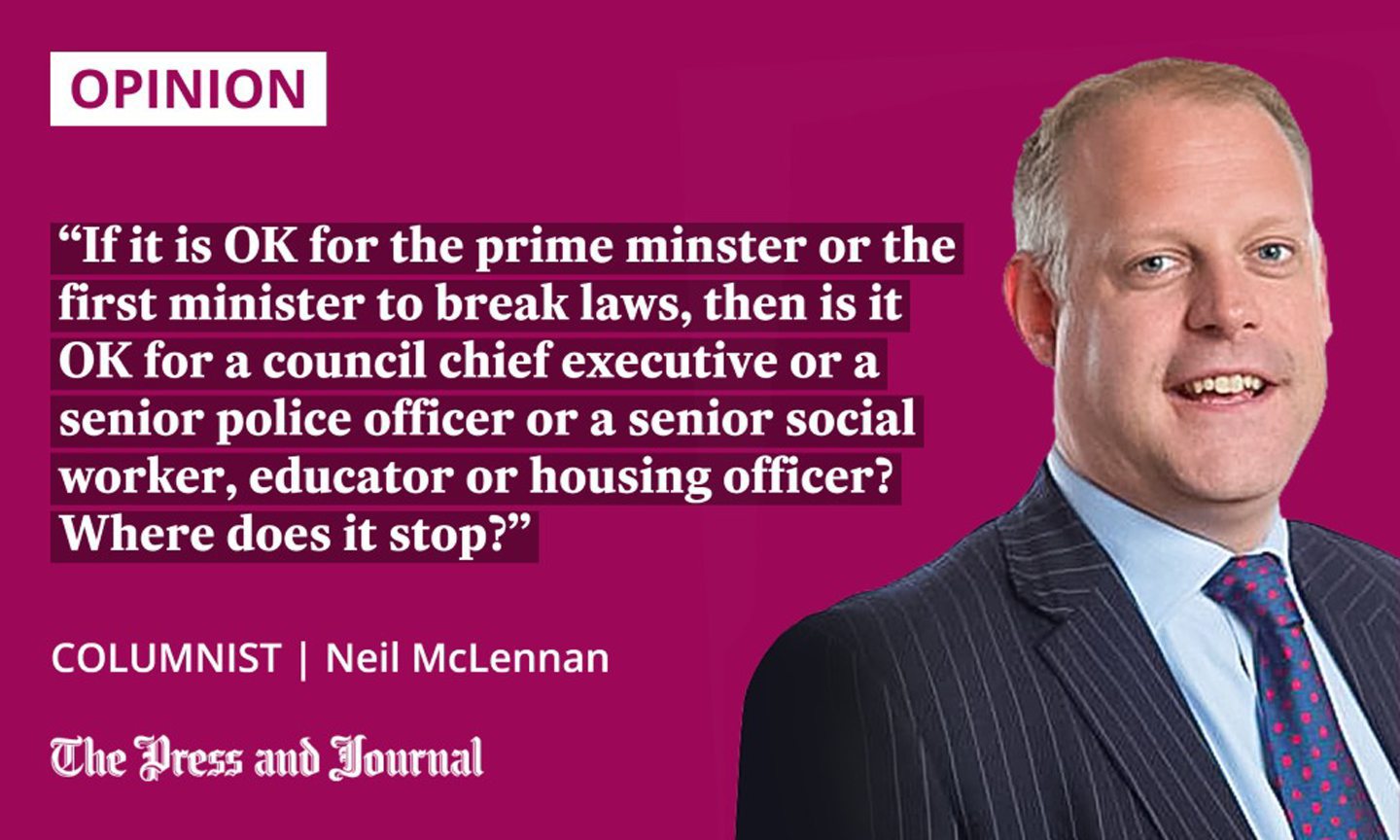
It is the first time it has happened in Moray since 2007. This has happened in eight other wards across Scotland in the most recent local government elections. Whilst it is only eight wards out of 355, it is still a worrying issue.
I believe there are many reasons for it. Politics has become a toxic place. Local government elected members are not rewarded well enough for the important job of representing people and ensuring power and authority are used effectively. It is a vital and significant governance role.
Add to that the fact that politics is so polarised by the forces of nationalism, in Holyrood, Westminster, the White House and beyond.
Many are losing faith with politics and this is why we need to return democracy to the people, with elected members representing the wishes of citizens well and holding public officers to account for delivering and improving outcomes for residents and communities.
A fish, an organisation and a country rots from the head
On a more human level, politics has become poisoned. Boris Johnson’s “partygate” impacted on the party I stand for in the lead up to this election. The issue is not just a Westminster or Tory one, though.
Nicola Sturgeon told Holyrood she would be more careful after flouting her rules at a funeral early in the Covid pandemic. She later appeared to break them again at a family wedding, and did so just as the rules were being disbanded.
Humans are fallible. The breaking of rules is one thing, but untruths, double standards and cover-ups are what really stick in the craw of the electorate. It undermines decency, and defeats democracy’s ability to work.
In the Downing Street example, the offender was charged. In the barber shop breach, police spoke to the offender. It is quite something to have leaders of nations in such invidious positions.
If things are not right at the very top, then a message, a culture and an ethos spreads throughout
I spoke recently with a whistle-blower over concerns they have about senior figures being involved in child abuse cover-ups. As they stated, the culture is created at the top of the tree.
We know that a fish rots from the head. And that is the case across our organisations and, indeed, our countries. If things are not right at the very top, then a message, a culture and an ethos spreads throughout.
If it is OK for the prime minister or the first minister to break laws, then is it OK for, for example, a council chief executive or a senior police officer or a senior social worker, educator or housing officer? Where does it stop?
Transparency is key to democracy
Democracy is based on voting and it is only the will of voters that will ultimately decide.
That democratic intent is trampled over when the votes of the electorate, as with the independence referendum, are not heard. The “settled will” of the Scottish people has been blatantly ignored by the SNP.
When I taught Higher history classes, we often spoke of what makes a democracy. One of the key things is transparency.
At present, Westminster has a “Clearing House” for freedom of information requests, and Holyrood are accused to hiding things, from ferry contracts to amendments to international education reports. They need watchmen, and consideration of who watches the watchmen.
Apathy, as much as toxicity, is to blame
My role as a councillor will involve getting to know the concerns and aspirations of the constituents, and making sure I represent them at Moray Council for the betterment of the ward and Moray as a whole. I will be doing what I can to support hardworking public servants and holding higher paid executives to account.
In some councils, unelected bureaucrats are a source of concern. They need carefully watched to ensure their actions are serving those who pay their wages.
I had hoped to do that as part of an election campaign. However, sadly apathy, as much as toxicity, seems to be blighting democracy.
Again, I remember telling my Higher class three things before they left school. Use your vote – men and women fought and died for it. Travel the world to see, hear, learn about and meet different cultures and different people. Treat others as you would expect to be treated yourself.
Maybe those in power should have been in my Higher history class?
Neil McLennan writes in a personal capacity. He is a Burgess of Aberdeen and has supported every aspect of education in the north-east. He has just taken up office as councillor for Buckie and Findochty in Moray
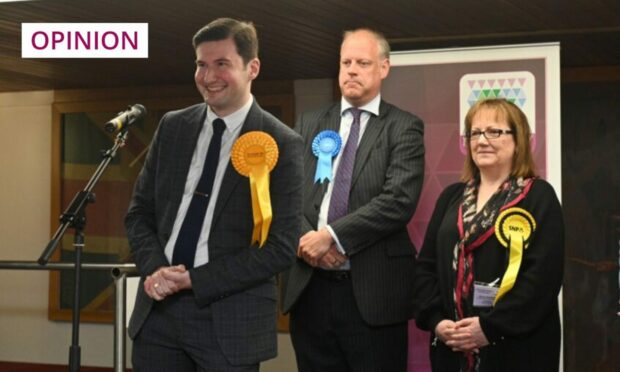
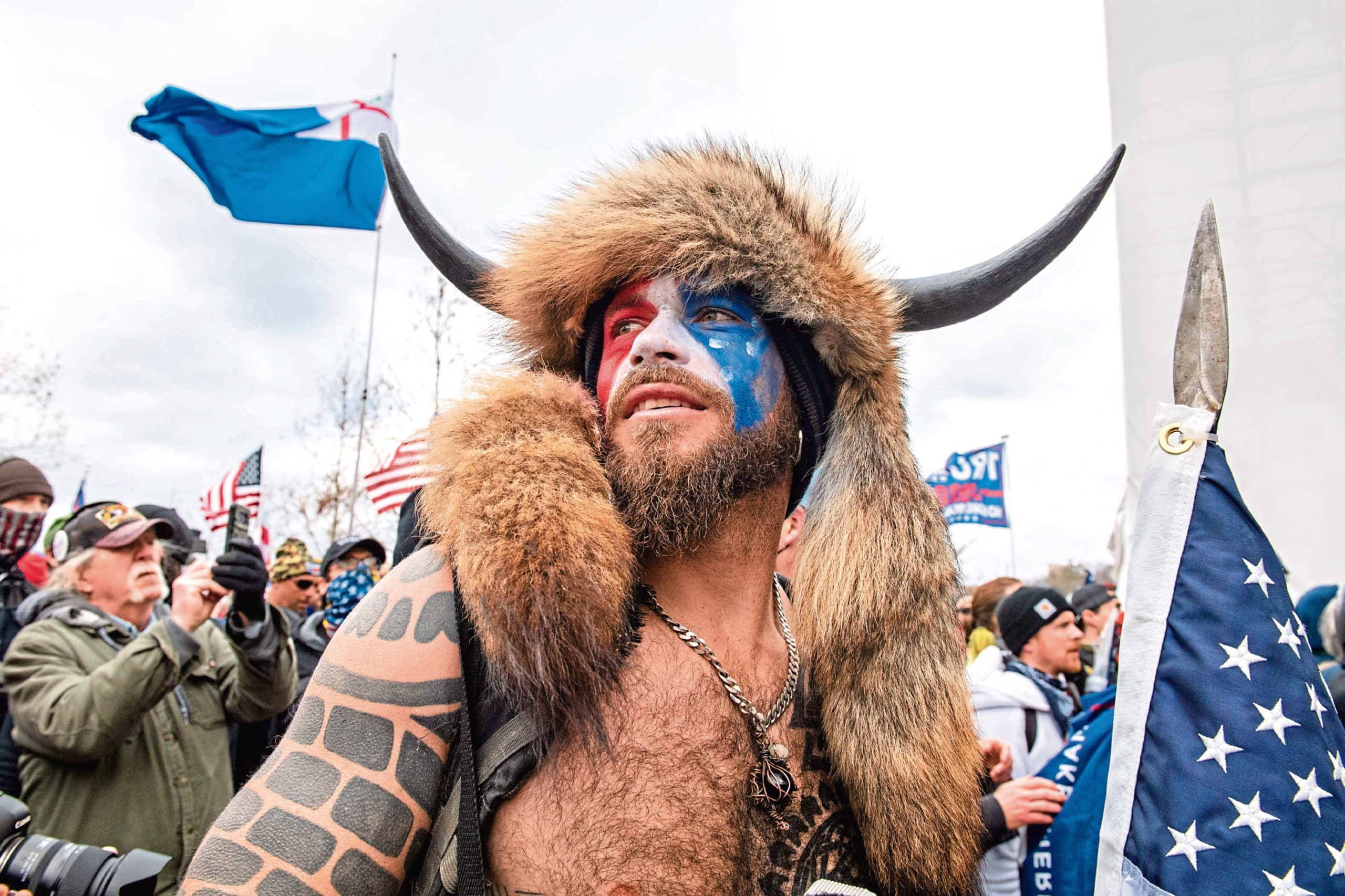
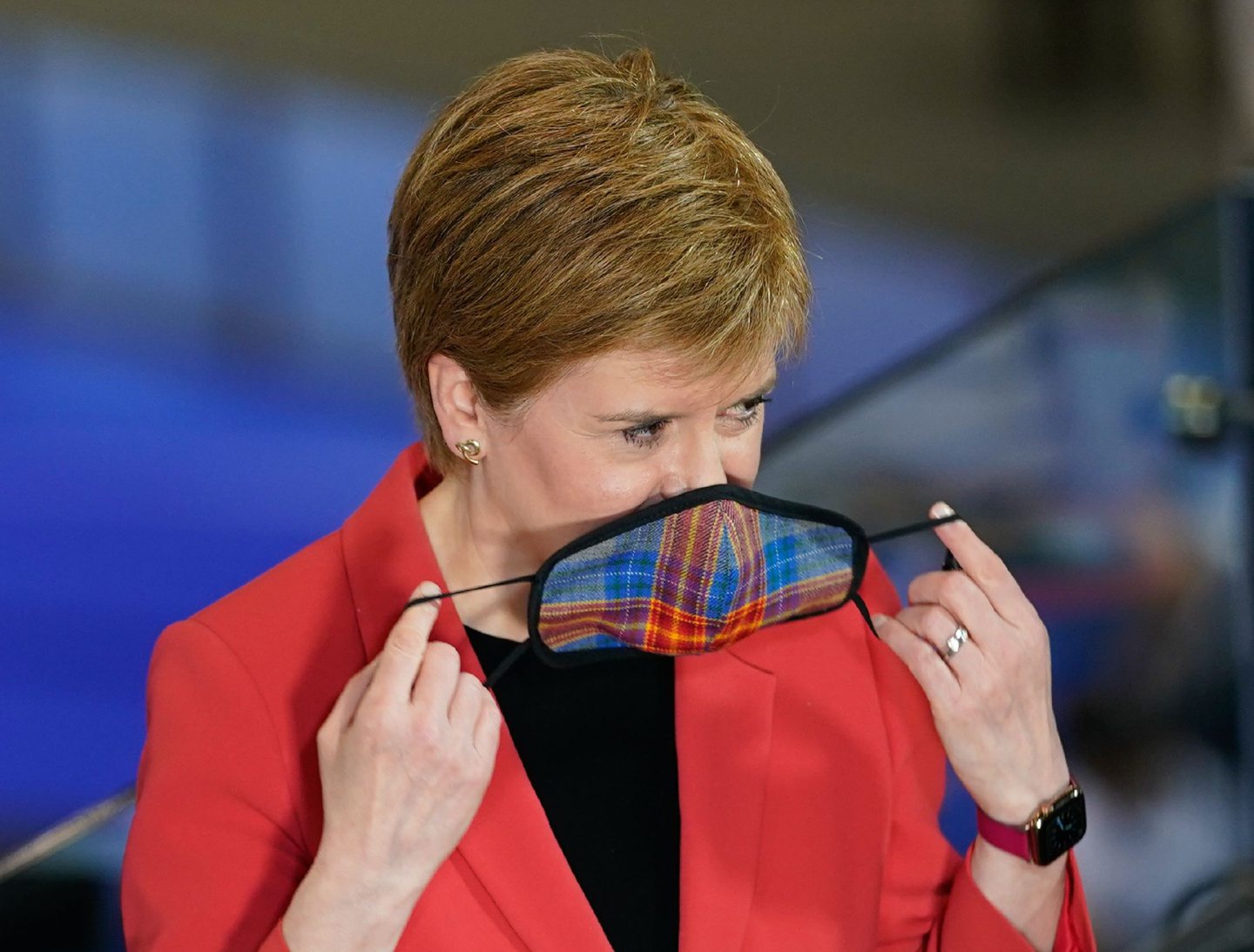
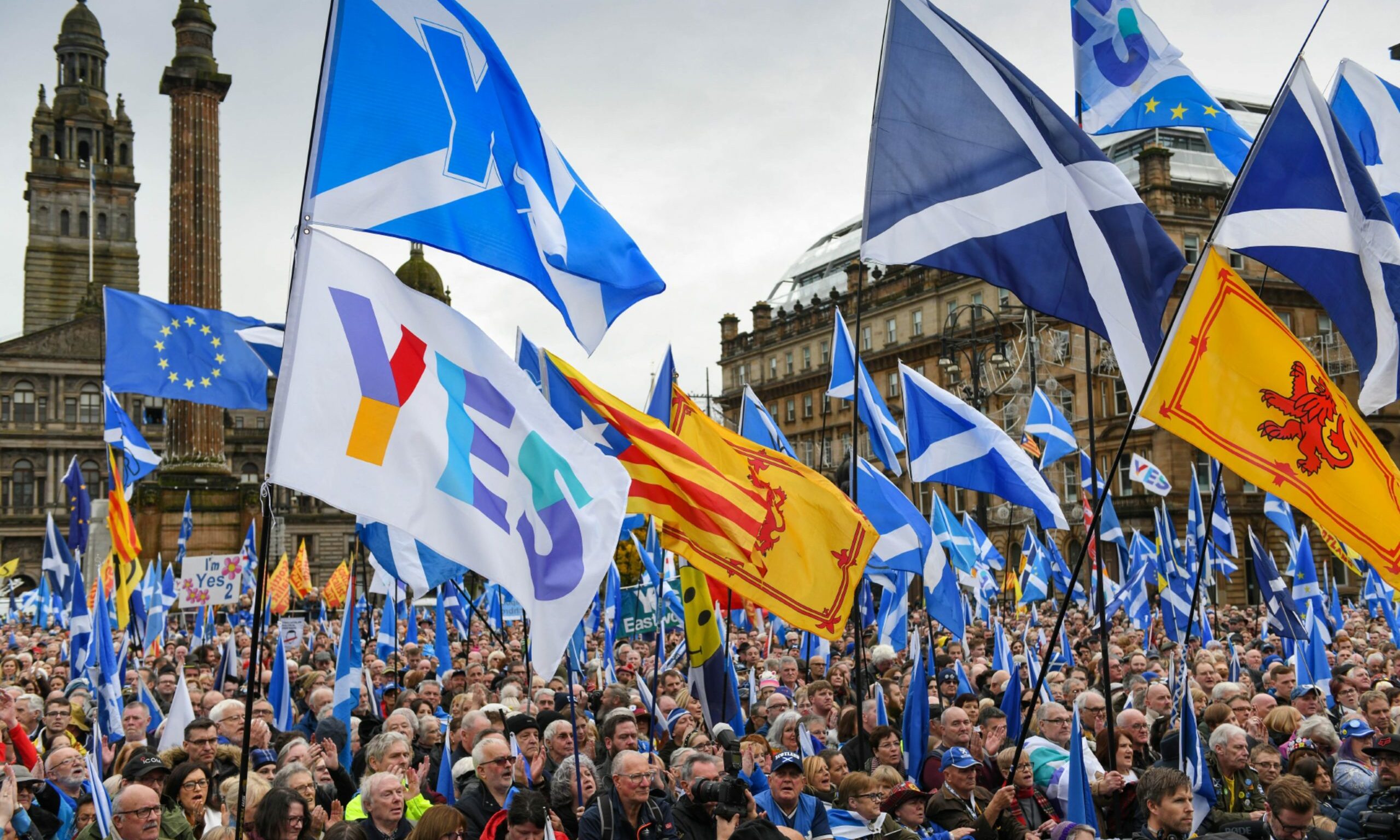
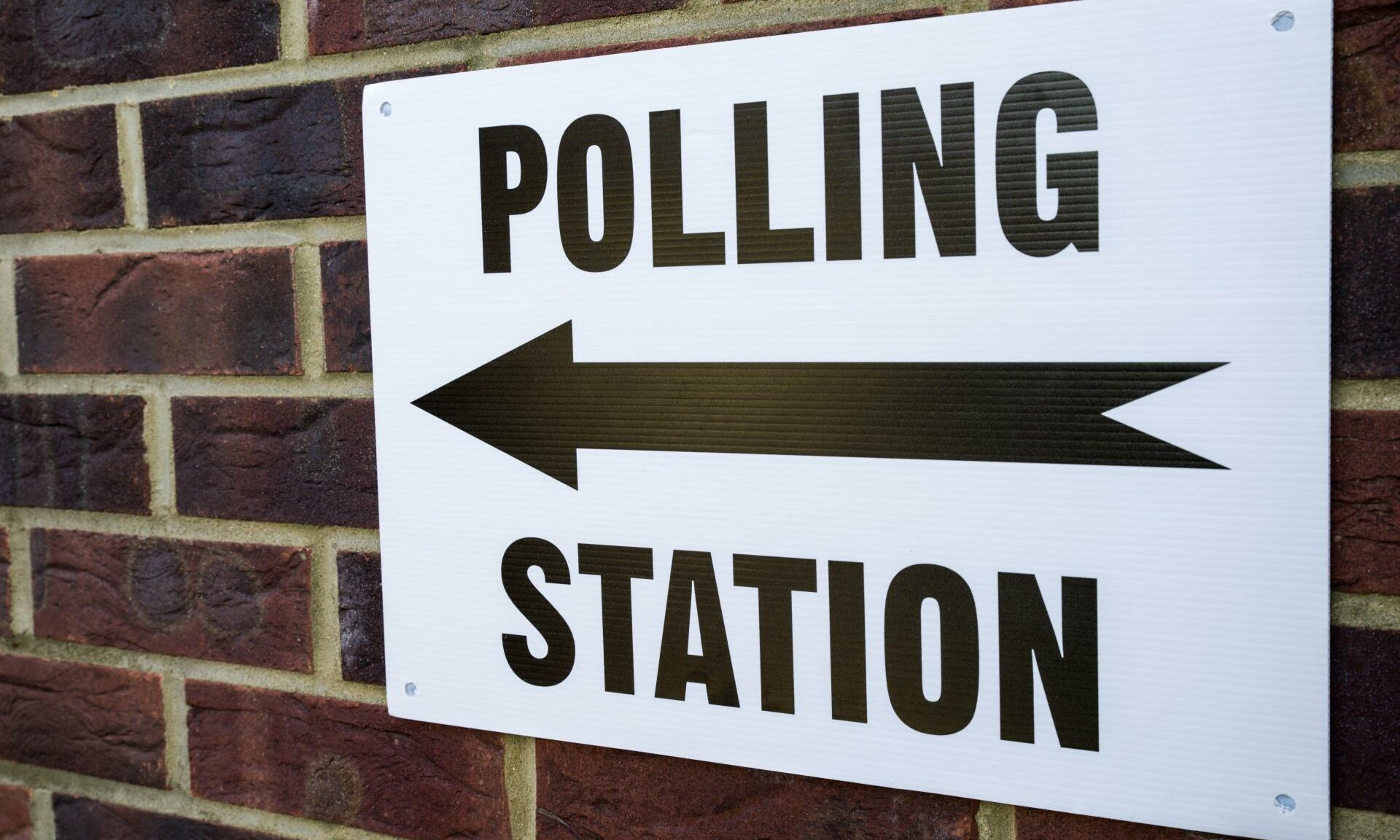
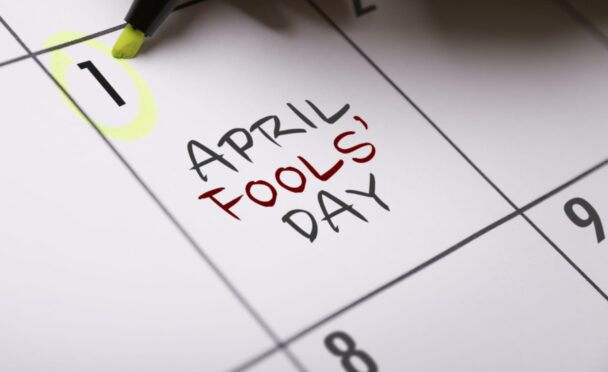
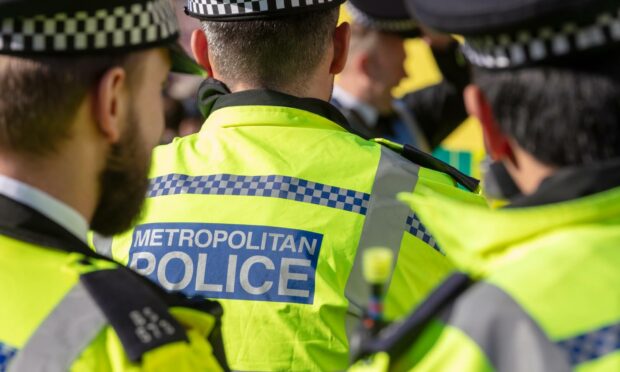

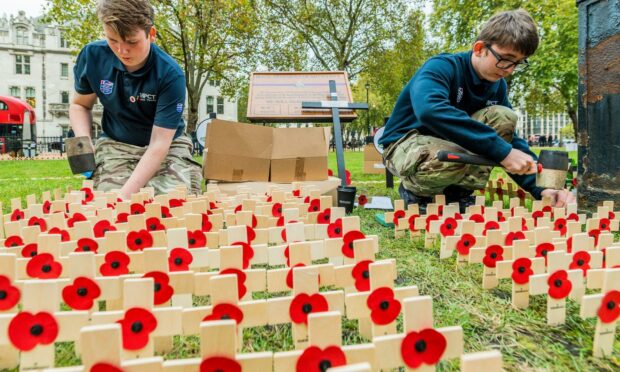
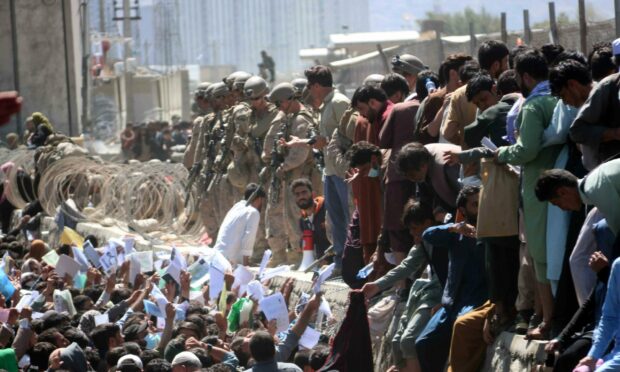










Conversation